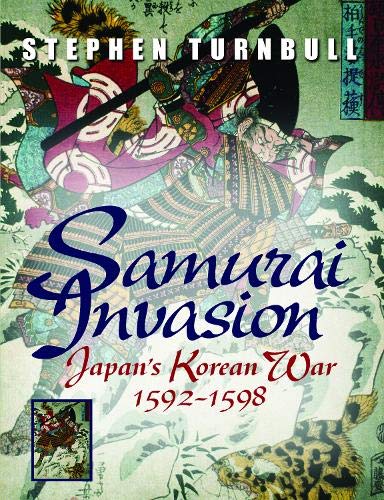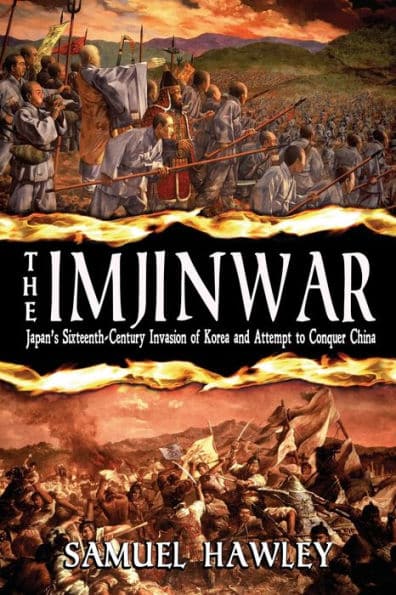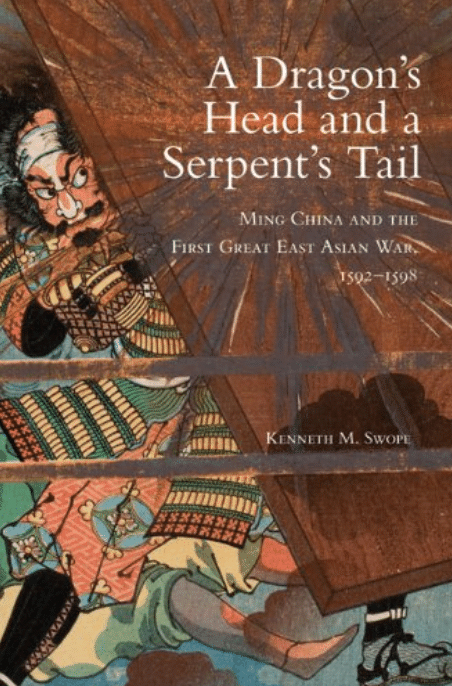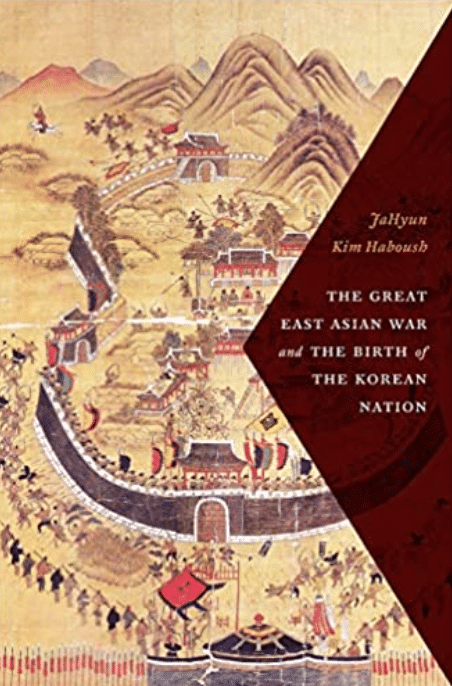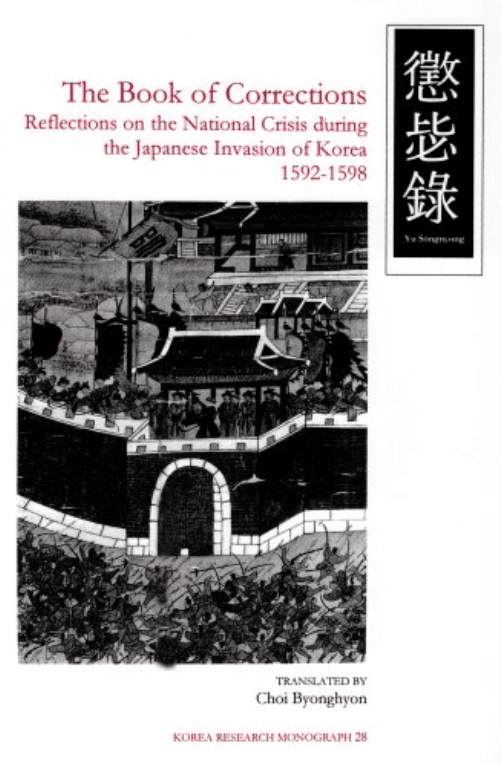The recent historical films about the Imjin War and the exploits of Korea’s greatest war hero Admiral Yi Sun-sin (1545-1598), were blockbuster hits in South Korea. Now both these films, Hansan: Rising Dragon (2022), and The Admiral: Roaring Currents (2014 – original Korean title Myeongnyang) are available to stream in the US on most of the major platforms.
The legendary Korean Admiral Yi Sun-sin played a central role in repelling the Japanese invasion of the Korean Peninsula during the bloody Japan-Korea-China conflict which lasted from 1592 to 1598. Known in Korea as Imjin Waeran (Japanese War in the Year of Imjin – the Black Dragon Year of 1592), it was the single biggest war fought in the world in the sixteenth century with profound and long-term consequences for all of East Asia.
In the massive and brutal conflict, historians have estimated that as many as a million Koreans, three-quarters of them civilians, may have perished, along with up to a hundred thousand Japanese casualties, and over thirty thousand Chinese deaths. The conflict also changed the destinies of all three countries as Joseon Korea had to reconstruct the entire country in the aftermath of the war’s devastation; Japan, after the death of the war’s instigator Toyotomi Hideyoshi, entered into a largely isolationist mode under the Tokugawa Shogunate; and Ming China, weakened by its involvement, fell to the Manchus in a matter of decades.
In Korea, the memory of the war played a central role in the formation of the country’s self-identity through the remembrance of its shared trauma as well as celebration of the people’s resilience. There were triumphs to be memorized as well, especially in the feats of regional militias that conducted guerilla warfare against the invaders and in the remarkable naval victories of Admiral Yi. The story of the conflict is a fascinating study of strategy, dirty politics, innovation, and the power of great leadership.
Despite the sheer scale of the cataclysm and its significant impact in the region, the event is still little known in the West with not even a standard name for the war. There is now, however, a body of work in English, both original historical writings and translations, that can be consulted for those interested in exploring this momentous event. The following are some of the major books that have come out on the subject.
1. James Turnbull, Samurai Invasion: Japan’s Korean War, 1592-98 (2002)
The first book-length study of the war in English that provides a concise but good overview of the conflict, mainly through accounts of battles and discussions of strategy and weaponry. Turnbull also wrote a shorter version of the book under the title The Samurai Invasion of Korea,
1592-98.
2. Samuel Hawley, The Imjin War: Japan’s Sixteenth-Century Invasion of Korea and Attempt to Conquer China (2014)
A much fuller and more comprehensive scholarly account of the Imjin War that makes use of Korean, Japanese, and Chinese sources.
3. Kenneth Swope, A Dragon’s Head and a Serpent’s Tail: Ming China and the First Great East Asian War, 1592-1598 (2016)
A study of the Imjin war from the perspective of Ming Dynasty China, in particular, the thoughts and actions of the Wanli Emperor.
4. JaHyun Kim Haboush’s The Great East Asian War and the Birth of the Korean Nation (2021)
A scholarly work on how the royal court of Joseon attempted to unify the people in a common effort to fight the Japanese, creating something akin to the modern sense of the nation.
5. Mary Elizabeth Berry, Hideyoshi (1989)
Biography of the Japanese ruler Toyotomi Hideyoshi who masterminded the invasion of Korea as a prelude to the invasion of China.
6. Song-Nyong Yu’s The Book of Corrections: Reflections on the National Crisis During the Japanese Invasion of Korea, 1592-1598 (2002)
Translation (by Byonghyon Choi) of the early seventeenth-century Jingbirok, a personal account of the war by Ryu Seongryong (1542-1607) who served as an important councilor to King Seonjo during the war. An honest and scathing account of the many mistakes the king and his government made in the conflict.
7. Yi Sunsin’s Nanjung Ilgi: War Diary of Admiral Yi Sun-sin (1977) and Imjin Changch’o: Admiral Yi Sun-sin’s Memorials to Court (1981)
Translations (by Ha Tae-hung) of Admiral Yi Sunsin’s diaries during the Imjin War years and his reports to the royal court.

8. Record of the Black Dragon Year (2000)
Translation (by Peter H. Lee) of the anonymously written popular novel Imjinrok (late eighteenth or the nineteenth century), an imaginative and sometimes fantastic story of the war with a fictional advisor to the Korean king as the protagonist.


